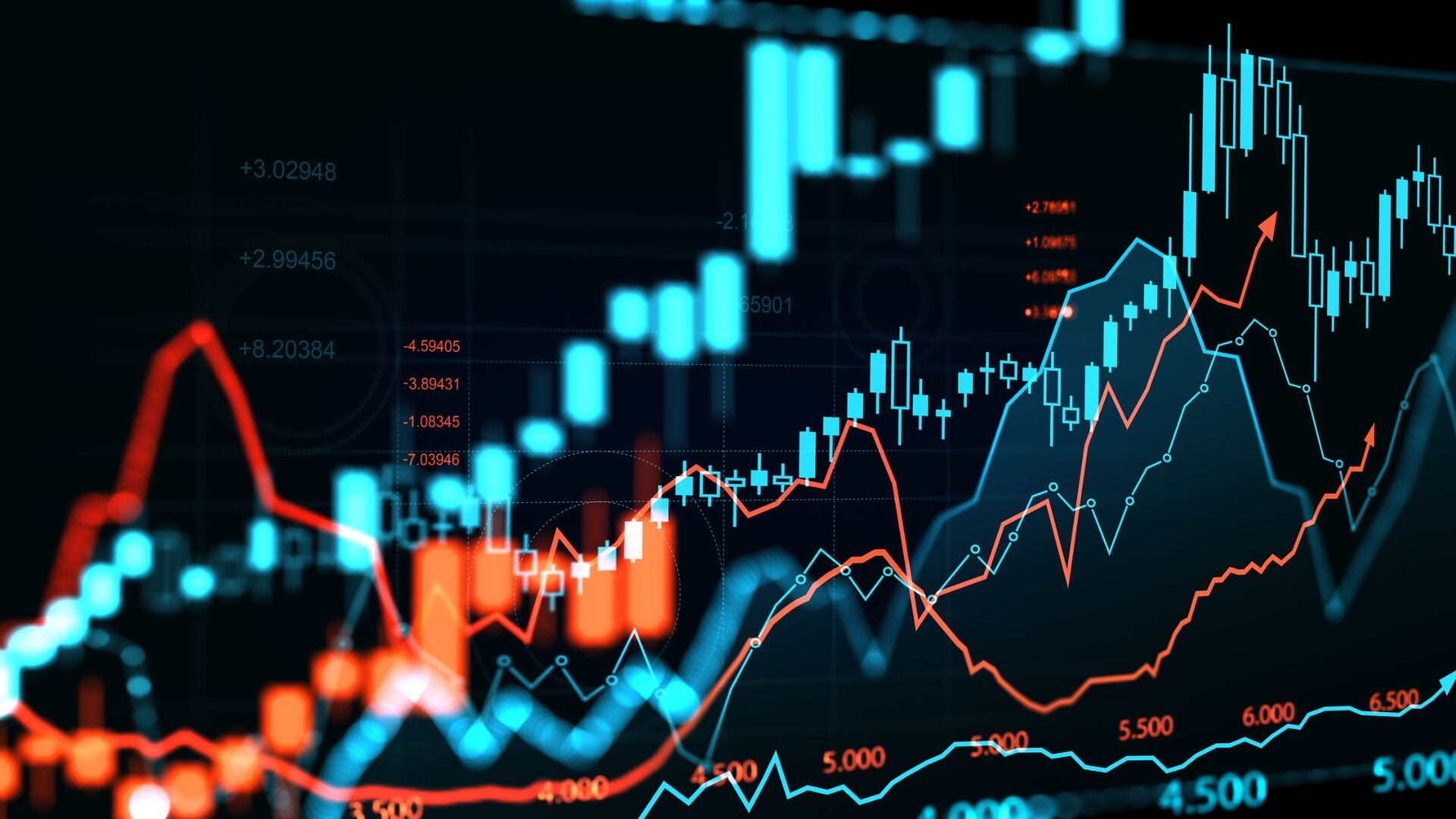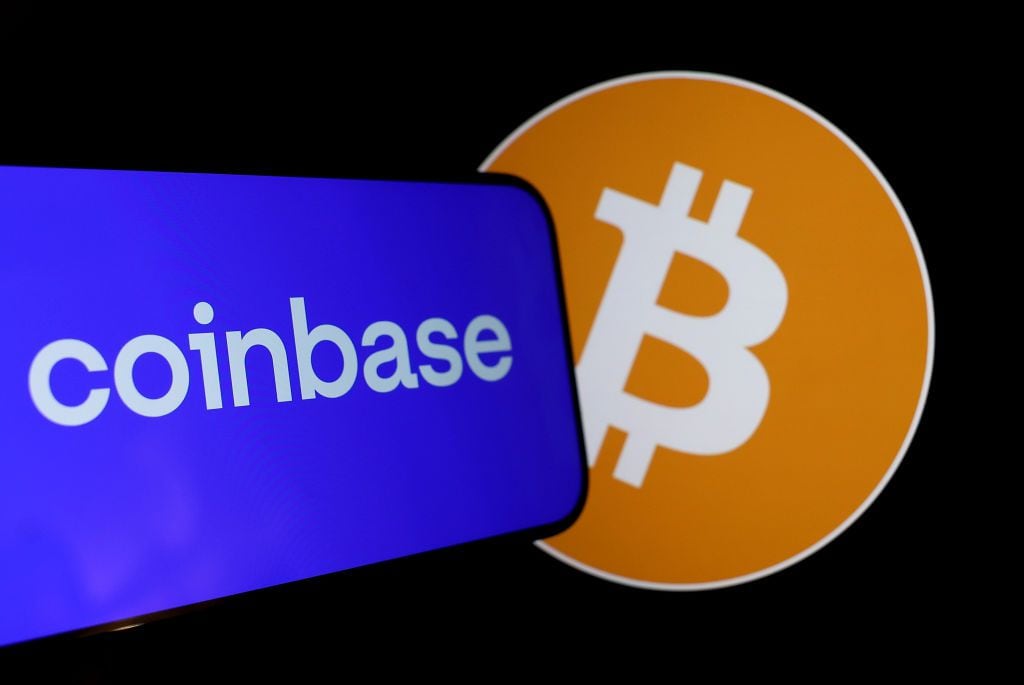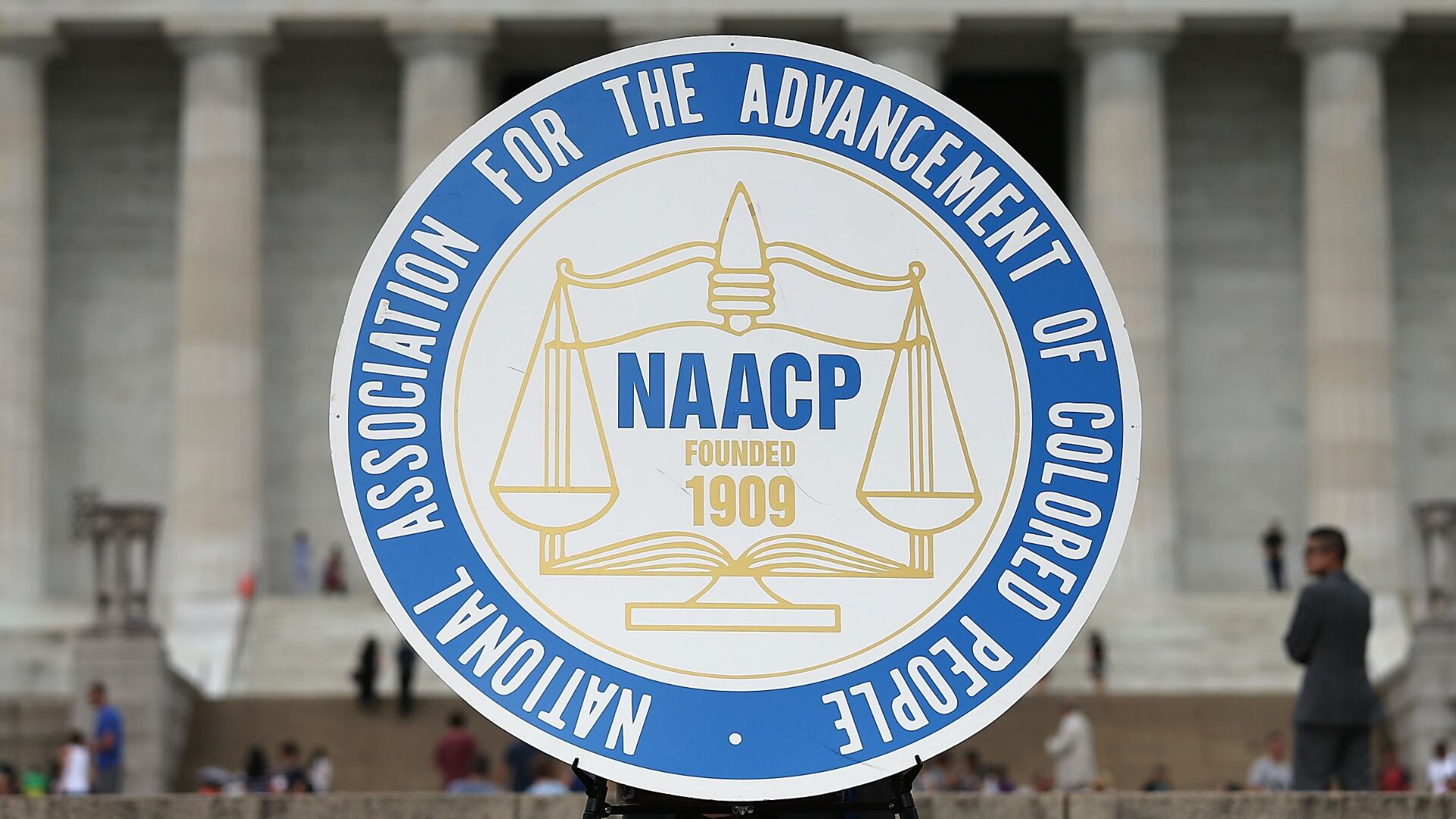By Damian J. Troise and Alex Veiga
U.S. stock indexes pulled further away from their recent highs Friday as prospects for another aid package from Washington faded while a surge in virus cases threatens to inflict more damage on an already battered economy.
The S&P 500 slipped 0.1%, its third-straight decline since it set a record high on Tuesday. The benchmark index ended the week 1% lower after two weeks of solid gains. Losses in financial, technology, health care, and other sectors outweighed gains in communication services stocks, industrial companies, and elsewhere. Treasury yields fell broadly, a signal that traders were seeking to lessen their exposure to riskier holdings.
The latest bout of selling, which eased toward the end of the day, came as investors continue to hope for Washington to come through with another financial lifeline for people, businesses, and state governments struggling as the coronavirus pandemic worsens. But an emerging $900 billion aid package from a bipartisan group of lawmakers has essentially collapsed because of continued partisan bickering.
“We still don't have a deal in Congress for a rescue package,” said Randy Frederick, vice president of trading and derivatives at Charles Schwab. “If it doesn't happen, the market could struggle.”
The S&P 500 slipped 4.64 points to 3,663.46. The index had been down 34 points in the early going. The Dow Jones Industrial Average got a boost from Disney, which hit a new high. The index rose 47.11 points, or 0.2%, to 30,046.37. The tech-heavy Nasdaq lost 27.94 points, or 0.2%, to 12,377.87.
Small company stocks, which have been making solid gains this month, also fell. The Russell 2000 small-cap index gave up 11.01 points, or 0.6%, to 1,911.70.
Technology companies and banks led the decline. Apple fell 0.7% and Bank of America dropped 1.9%.
Disney jumped 13.6%, a record high and the biggest gain in the S&P 500, after giving investors an encouraging update on subscriber growth and future plans for its Disney Plus streaming service.
Stocks have been climbing over the last few weeks as advances in vaccine development raised hopes that the pandemic could be tamed in the coming months and set the global economy on a path to normalcy.
“The excitement over the vaccine has already been priced in and the market is fairly overbought, based on where we are in the economy right now,” said Kenny Polcari, managing partner at Kace Capital Advisors.
The U.K. has already started vaccinating people with Pfizer and BioNTech’s vaccine. A U.S. government advisory panel on Thursday endorsed widespread use of that vaccine, putting the country just one step away from launching an epic vaccination campaign against the outbreak that has killed close to 300,000 Americans.
Widespread vaccination will take months and the virus pandemic is prompting tighter restrictions on businesses. An already slow economic recovery appears to be stalling in the wake of the latest surge and unemployment is rising.
Polcari said markets are simply churning and consolidating following a strong November and he expects that to continue through December as stimulus talks continue. Wall Street is also waiting for a special election in Georgia in early January, which could potentially switch the balance of power in the U.S. Senate.
European stocks slipped over the increased possibility that the U.K. and the European Union will fail to strike a deal on a new economic relationship heading into next year. Britain left the EU on Jan. 31 but has continued to follow the trading bloc’s rules during a transition period that lasts until the end of the year. A no-deal split would bring overnight tariffs and other economic barriers that would hurt both sides.
The yield on the 10-year Treasury held steady at 0.89%.
European markets ended lower, while Asian markets closed mixed.
Updated on December 11, 2020, at 5:01 p.m. ET.













